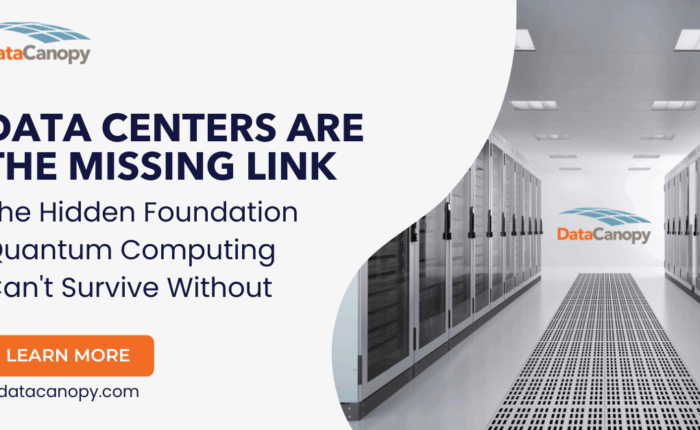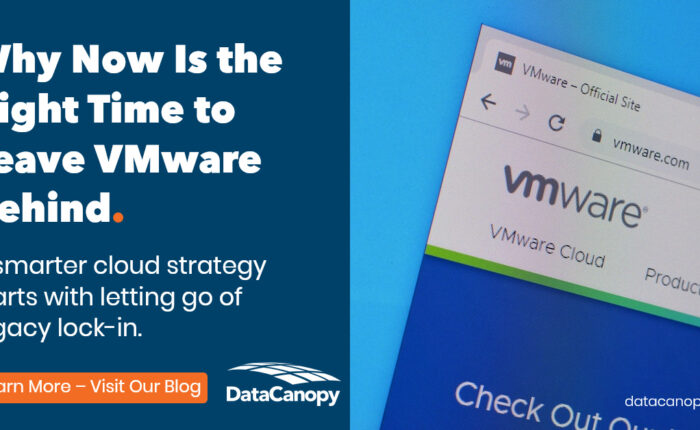 The average data center client stays with their colocation provider for 5-10 years. If service is great and your needs are met, that’s great! But even so in 5-10 years, heck in 2 years, the market can shift pretty significantly and you might not be getting the best price or service any longer. Pricing fluctuates, advances in efficiency are made, storage capacity increases, and new levels of security are attained – all of these can impact your business. Whether you signed your data center contract six months ago or three years ago, it can benefit you greatly to review these four areas:
The average data center client stays with their colocation provider for 5-10 years. If service is great and your needs are met, that’s great! But even so in 5-10 years, heck in 2 years, the market can shift pretty significantly and you might not be getting the best price or service any longer. Pricing fluctuates, advances in efficiency are made, storage capacity increases, and new levels of security are attained – all of these can impact your business. Whether you signed your data center contract six months ago or three years ago, it can benefit you greatly to review these four areas:
- Terms: It is essential to know the terms of your agreement. Contracts can be for one-year, two-years, and even monthly. If you haven’t already, mark the end of your contract on the calendar. Compare pricing and offerings in the months leading up to your renewal. Often you can get a discount with your provider if you can find a better rate somewhere else. Moving equipment can be a chore and impact your business, so be sure to take that into account as well when pricing out new vendors. A $50/month savings might not be worth it if your cost to move and setup in a new facility is $2000.
- Termination: Know the conditions for contract termination. If you find a better deal or decide to change your environment and wait until your contract is expired, or even the month that it is set to expire, to notify your vendor it may be too late. Though vendors and facilities vary, you will probably be required to provide at least 60 days (sometimes 90) notice if cancelling a contract. Knowing when your contract is up is great, knowing when you must notify someone of a cancellation if you need to is even better.
- Added Costs: Bandwidth and power overages can significantly add to your monthly expense, it’s great to review the terms of your contract and ensure you are using what you pay for and increase your allotment if you consistently go over. You could instantly save yourself hundreds if not thousands of dollars a month.Planning on growing? Know the change fees you will incur if you do. Add this cost into your budget projections and ensure you keep an eye out for change fees and setup fees in new contracts if you decide to change vendors. If you need additional domain names or IP addresses, you can also expect to pay a fee (sometimes a hefty one).
- SLAs: Your service level agreement is the promise your data center provider made to you to keep your equipment online and operating. SLAs can vary widely, so it’s imperative that you truly understand what was promised and how your vendor will respond in an emergency. Some providers promise to respond to your support call within three days, some within three hours. This can make a huge difference when you’re in crisis. Make sure you know what constitutes an emergency, what your SLA covers, and how long you might wait. This is good information to not only know for your current contracts should an emergency arise, but also to review before signing any future agreements.
I can tell you that as a colocation provider, our goal is to be the best possible partner for our clients. It’s imperative though that you understand your contract now so that you can be prepared for the future. If you have questions about your contract or want a feature and cost comparison, contact us today.



